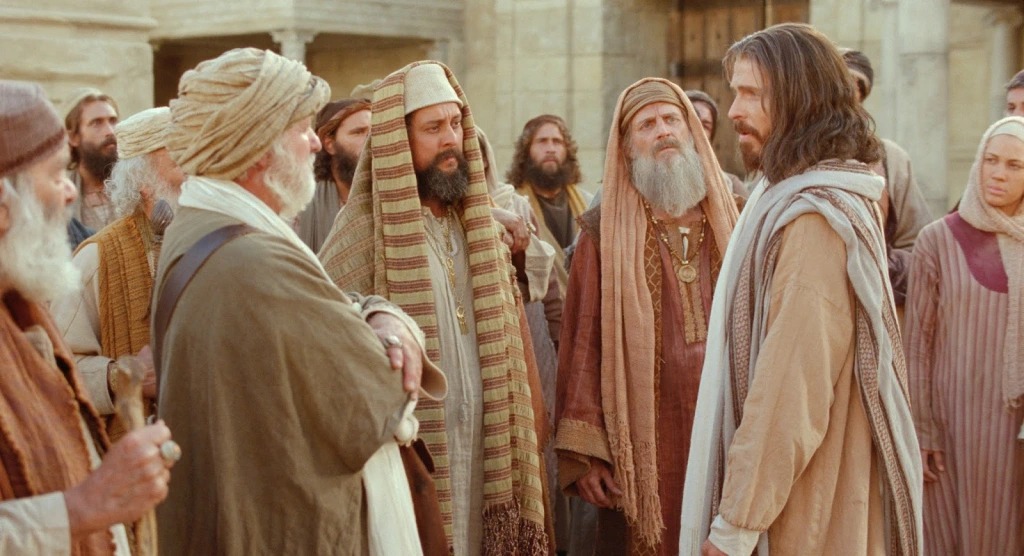Jijo Kandamkulathy, CMF
Claretian Publications, Macau
22nd Sunday in Ordinary Time – Year B
Mark 7:1-8,14-15,21-23
Gospel Reflection
The gospel passage of today deals with the teaching of Jesus on hypocrisy and traditions. Some Pharisees had come from Jerusalem, traveling over a hundred kilometers to check the conformity of this new teacher to Jewish orthodoxy. They were eager to evaluate if the new teacher is fit to the Jerusalem standards!
They see the disciples eating without washing their hands. They question Jesus for not teaching the disciples the rituals of purification. The concern here is not even the danger of eating with unwashed hands but not fulfilling the rituals of purity. Highlighting the discrepancy of their logic and thoughts, Jesus asks them, “What is the point in keeping your outsides clean when your inside is dirty!” Jesus was teaching the Jerusalemites about their standards of hypocrisy!
As soon as the Jerusalem supervisors left the place, Jesus does a cleansing act. He tells the people, “It is not what goes into the mouth that defiles man, but what comes out of him.” We have a taboo in touching anything that comes out of the body. But the metaphoric import of what Jesus says is about keeping our words and thoughts pure and holy. If the thoughts are not holy, there is little use with sweet words!
The essence of the discussion is the holiness of the self. Sometimes, our external practices can feign holiness that our insides do not hold. The Lord asks us to grow in holiness inside to match the rituals of holiness that we make outside.
The Lord is also addressing the problem of hypocrisy as a whole, not about cleanliness alone. Hypocrisy is about the dichotomy between one’s inner disposition and external expressions. Some people make a mistake in deciphering hypocrisy. It is not called hypocrisy when people try to save face in the middle of an embarrassing situation. It is not hypocrisy to hide an embarrassment of poverty if someone avoids a formal banquet feigning illness. Hypocrisy is when the evil that one desires inside is camouflaged by an innocent external display. That is how Jesus explains the custom of korban. When the children do not want to take care of their parents, they make an offering to the temple and escape the responsibility of caring for their elderly. It is an attempt even to deceive God, imagining, God will be pleased with their offerings! When such practices of hypocrisy are made into customary law, it speaks about the misguided society.
Jesus challenges the concept of traditions radically. If people have to suffer injustice to fulfill traditions, such traditions should be stopped. Mahatma Gandhi, the Father of India, in beginning the Salt March, called for civil disobedience against the British who taxed Indians for making salt by their conventional means. Annie Besant, one of his close friends, advised him not to disobey the law. A fight for independence should be pursued within the constraints of the law according to her. Gandhiji’s clarity on the matter is still an example for many. He tells her, “One’s obligation to obey the law ends when the statute begins to be unjust.”
What is tradition? For Christians, it is the record of how people lived the values of the gospel in their own particular time and circumstances. When the gospel values interact with the particular socio-political and religious circumstances of the time, a way of living and worshipping emerges. It is organic and dynamic. Tradition is not about practicing fossilized rituals that do not have any relevance today. We are living a tradition as well. According to the situations of our societies, we make our own interpretations of living and worshipping.
Some traditions are outright meaningless! It was Tony de Mello, an inspiring Jesuit preacher, who narrated the story of a monastery. During the regular evening offerings in the temple, the master’s cat walked around and disturbed the rituals. The master asked his young disciples to tie the cat before the rituals began. Well, the disciples did not know the reason. The master died. The disciples kept tying the cat before the rituals. Then the cat too died. Then, the disciples bought a new cat and secured it on the sanctuary pillar before the rituals began! One needs to know, first, the meaning of the tradition. Knowing the meaning of some traditions is not a reason to continue them! They need to be relevant to us.
Some fancy old traditions, which is like the attraction that people have for Shakespearean plays. The actors wear costumes of an age that we cannot connect with and do movements that have no relevance today. It has an artistic value of arousing curiosity, but it does not represent the present culture or the psychological dispositions of the people of our time.
Jesus takes strong exceptions on considering the older practices as immutable traditions. Therefore, thinking that present generations do not have anything to add to the traditions of faith is grossly misrepresenting our faith.


 Follow
Follow


